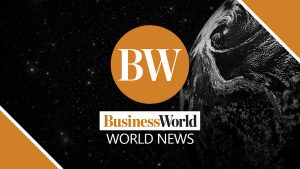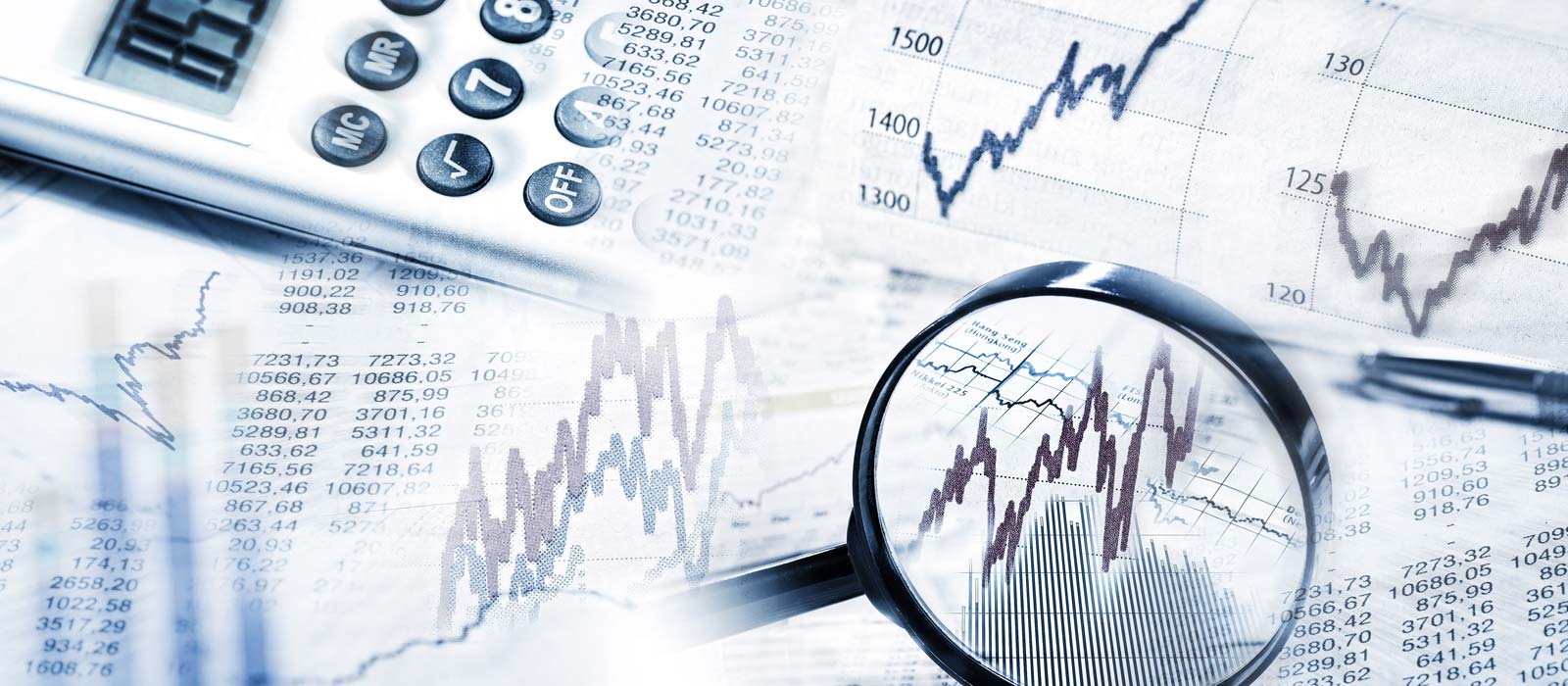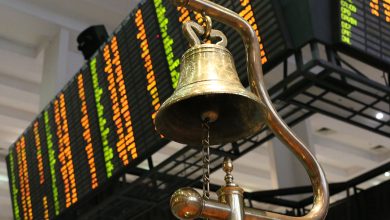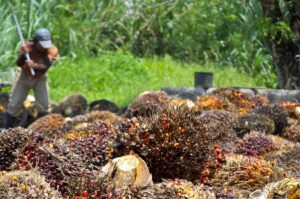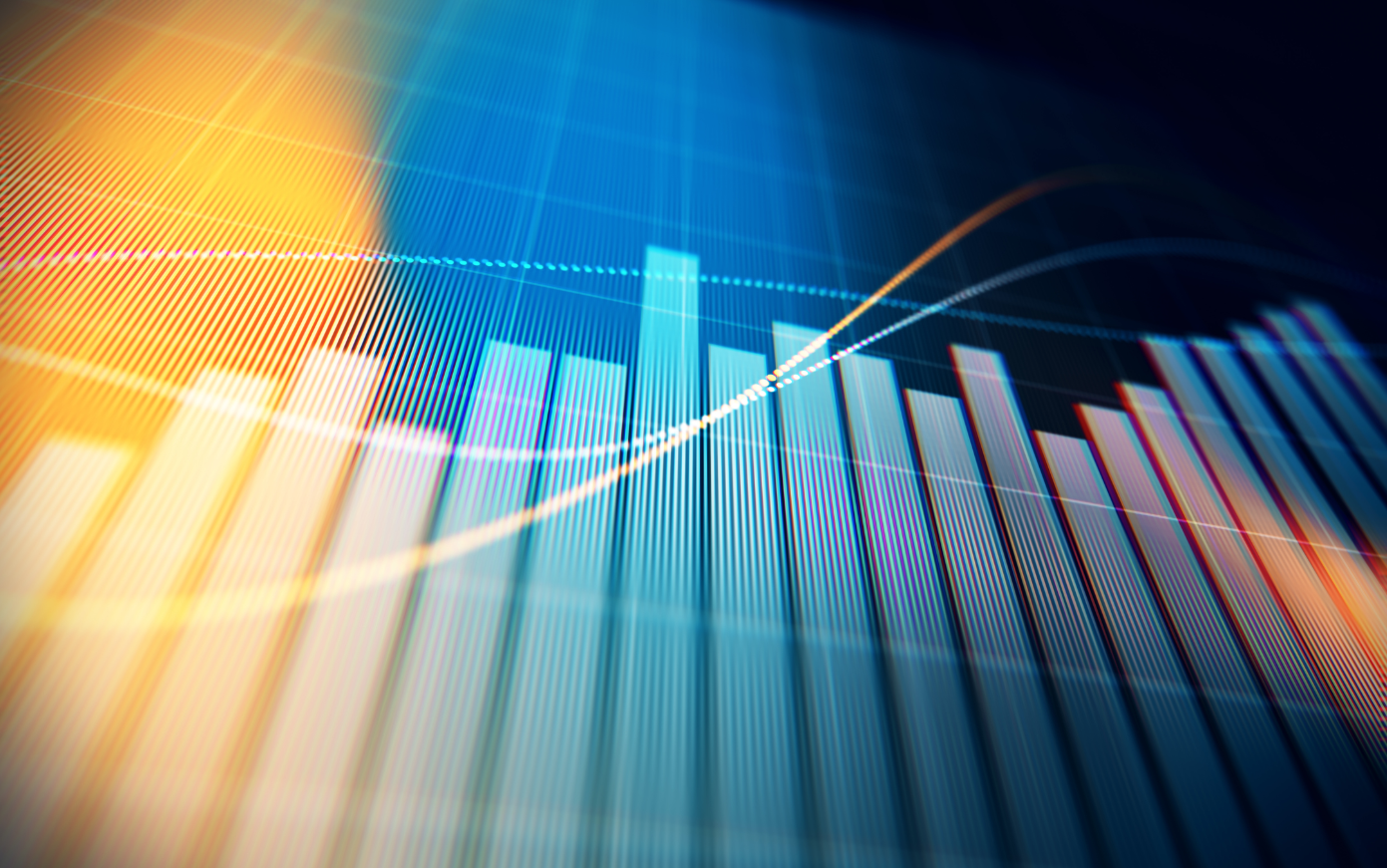Election spending seen to boost growth this year
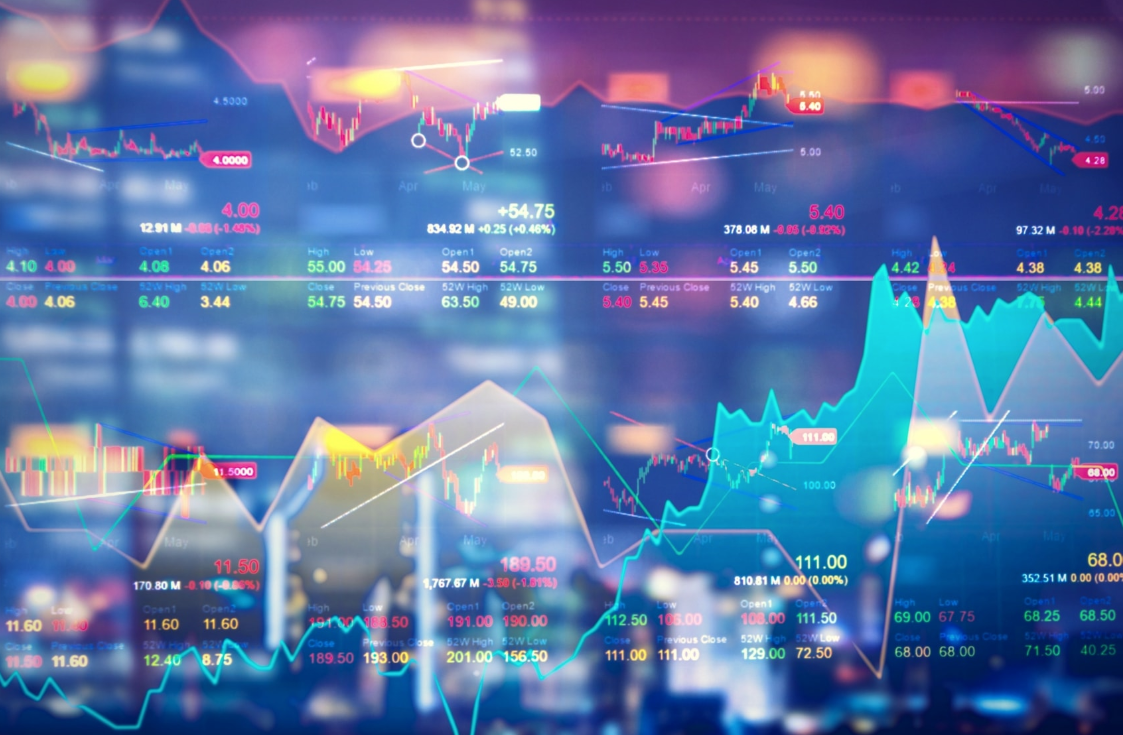
ELECTION-RELATED spending may boost the Philippine economy’s growth momentum this year, with media, advertising and services sectors seen benefiting the most, according to economists.
“In previous elections, election-related spending would spur the economy and an estimate of about 0.5% to 1% is usually added onto annual economic growth,” UnionBank of the Philippines, Inc. Chief Economist Ruben Carlo O. Asuncion said in an e-mail. “I suspect the impact may be the same on an annual basis.”
Economic managers expect gross domestic product (GDP) to expand by 7-9% this year, after growing by 5.7% in 2021.
The gradual reopening of the economy, plus election-related spending, is expected to boost household consumption this year. However, higher oil and commodity prices may dampen consumers’ willingness to spend.
Mr. Asuncion said businesses involved in printing campaign materials and advertising usually benefit from election spending.
“Accommodation and transport sectors also get a fair share of election-related revenues,” he added.
Ateneo de Manila University Economics Professor Leonardo A. Lanzona said in a Viber message that there would be short-term gains in GDP for the services sector.
“However, towards the end of the year, this will eventually lead to inflation. Nevertheless, these outcomes may not be as the previous years since the government seems to have taken a neutral stance. We will have a better sense of the government’s activities later this week,” he said.
Ateneo de Manila University professor and former Socioeconomic Planning Secretary Cielito F. Habito on Thursday said elections in the past contributed about one percentage point to growth, although this could be less now.
“This time, in the sense, a lot of it going into expenses in both mainstream and social media and perhaps a large part of it in social media,” Mr. Habito said at the virtual Security Bank Corp. economic forum on Thursday.
The campaign period for the national elective posts started on Feb. 8, while those for local elective posts began on March 25. The campaign period ends on May 7, with the elections scheduled for May 9.
However, the Development Budget Coordination Committee (DBCC) in a report last December said the state spending ban before the elections may disrupt government infrastructure projects and delay reforms.
“The implementation of the government’s infrastructure projects may be disrupted, as public works and the release of public funds during the election period are prohibited under the Omnibus Election Code of the Philippines,” it said.
The ban on public works started on March 25 and runs until May 8. — Tobias Jared Tomas
